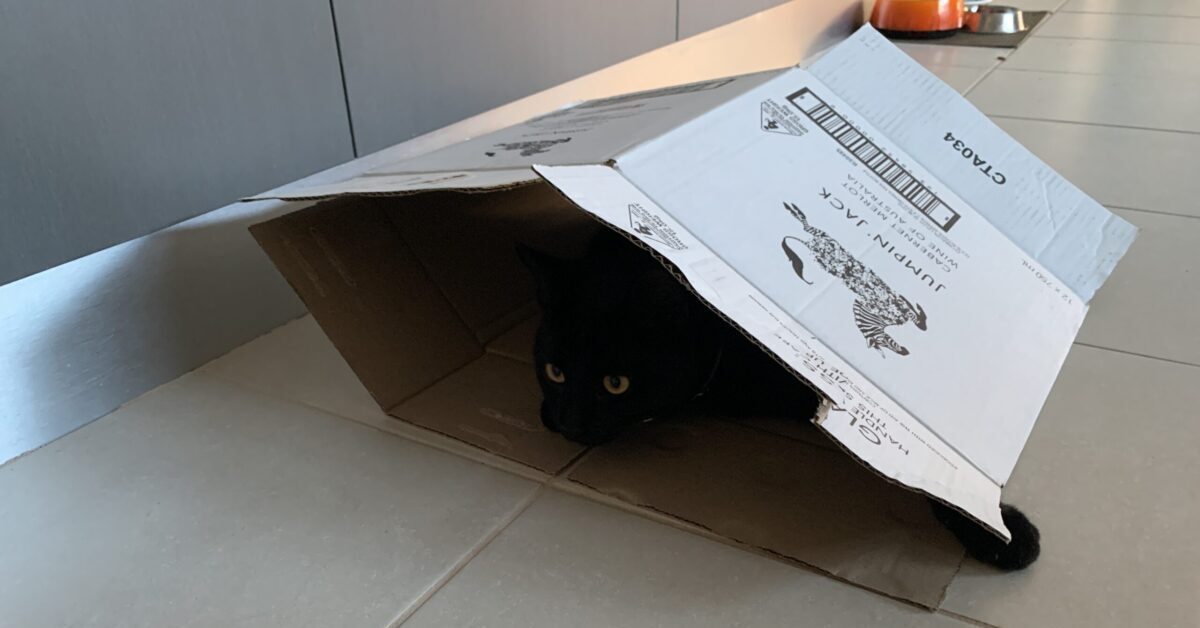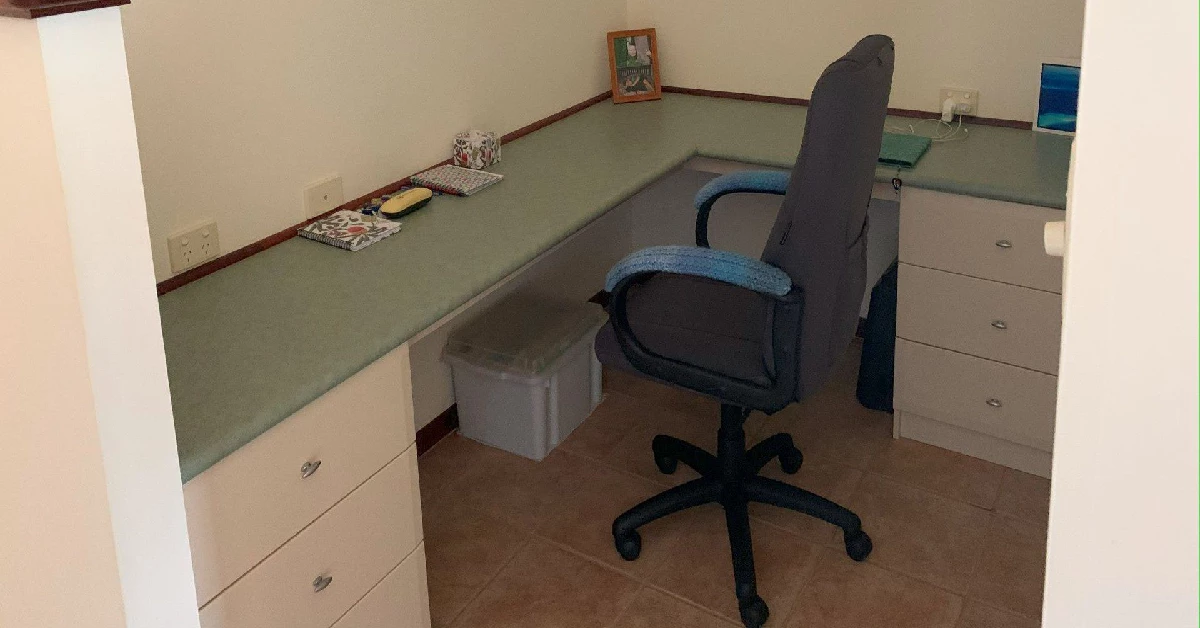How to Develop a Winning Tender Submission Strategy
When you see a tender opportunity, the temptation is often to dive straight in. After all, deadlines are tight, and everyone’s competing for the same piece of work. But rushing headlong into a submission without a clear strategy is one of the most common – and costly – mistakes tenderers make.
IHere’s a structured approach to developing a tender strategy that not only meets the requirements but positions your business as the obvious choice.
1. Start Before the Tender Drops
Great tendering starts well before the documents are released. This is where you build intelligence, relationships, and visibility. Ask yourself:
-
Do we know when the current contract is due to expire?
-
Are we on the buyer’s radar as a potential supplier?
-
Can we influence the specification (ethically and early)?
Being proactive allows you to shape the opportunity, identify potential pain points for the buyer, and establish credibility before the evaluation team even sees your name.
2. Conduct a Go/No-Go Assessment
Not every tender is worth chasing. Strategic tendering means knowing when to walk away. Assess:
-
Fit – Does this align with our core offering?
-
Capacity – Can we deliver without compromising existing commitments?
-
Win Probability – Do we have an incumbent relationship, differentiator, or pricing edge?
-
Risk – Would this contract account for more than 30% of our annual turnover (a red flag for buyers)?
Being honest here can save time, money, and team morale.
3. Understand the Buyer’s Motivations
Too many submissions focus on what the bidder does, rather than why the buyer should care.
Buyers are human. They’re not just checking boxes; they’re mitigating risk, solving problems, and meeting internal KPIs. Your strategy needs to respond to both the published requirements and the emotional drivers at play – like the fear of picking a supplier that will make them look bad internally, or the desire to prove a strategic win for their department.
Do your research:
-
What stage of the procurement cycle are they in?
-
Are they price-driven or looking for innovation?
-
Is this a repeat tender or a new initiative?
4. Build a Strategy That Aligns to Evaluation Criteria
This is where most bids fall flat. A strong tender strategy maps your offer directly to the scoring matrix. Here’s how:
-
Craft your win themes around the top-weighted criteria.
-
Plan your technical solution before you start writing.
-
Tailor your value proposition to highlight what’s unique and relevant.
It’s not enough to be capable – you need to be seen as the lowest-risk, highest-value option.
5. Get the Right Team in Place
Bids are collaborative by nature, but only when roles are clear. Assign:
-
A Bid Manager to keep everything on track.
-
A Technical Lead to own the solution.
-
A Writer/Editor to ensure quality and alignment with the evaluation framework.
Don’t leave subject matter experts to write content in isolation – guide them with templates, prompts, and review cycles.
6. Develop a Delivery Plan (and Stick to It)
Reverse-engineer your timeline from the submission date, allowing time for:
-
Content development
-
Internal reviews and approvals
-
Pricing sign-off
-
Design, formatting, and printing (if required)
Use project management tools (or even a good Excel spreadsheet) to keep everyone accountable. And build in buffers – things will go wrong.
7. Position with Purpose
Remember, every tender is a sales document. Every sentence must reassure the buyer:
-
You understand their problem
-
You’ve done this before (and have proof)
-
You’ll deliver with low risk and high value
Avoid generic fluff. Use visuals. Be specific. And don’t forget to submit on time – no matter how brilliant your strategy, a late tender is a non-compliant one.
Final Thoughts
Developing a strategic approach to tendering isn’t just a “nice-to-have” – it’s what separates winning bids from the ones that fall short. A solid strategy helps you focus your resources, tell a more compelling story, and dramatically increase your win rate.
If your team is stuck reacting to tenders rather than planning for them, it might be time to step back and rethink your approach. Because the truth is, you don’t win tenders by writing – you win them by planning.
Need help building your next tender strategy?
Let’s chat. I help organisations position themselves for high-stakes tenders with a clear, strategic game plan. Reach out to see if we’re a good fit.




 Where to find current and upcoming WA tenders:
Where to find current and upcoming WA tenders:
 Bonus: Sign up for a 12-month subscription at
Bonus: Sign up for a 12-month subscription at  Most WA agencies also publish procurement plans and contract expiry timelines — gold if you want to plan your BD cycle 12–18 months in advance.
Most WA agencies also publish procurement plans and contract expiry timelines — gold if you want to plan your BD cycle 12–18 months in advance. Planning to bid this quarter? Or just need to get on more radars?
Planning to bid this quarter? Or just need to get on more radars?